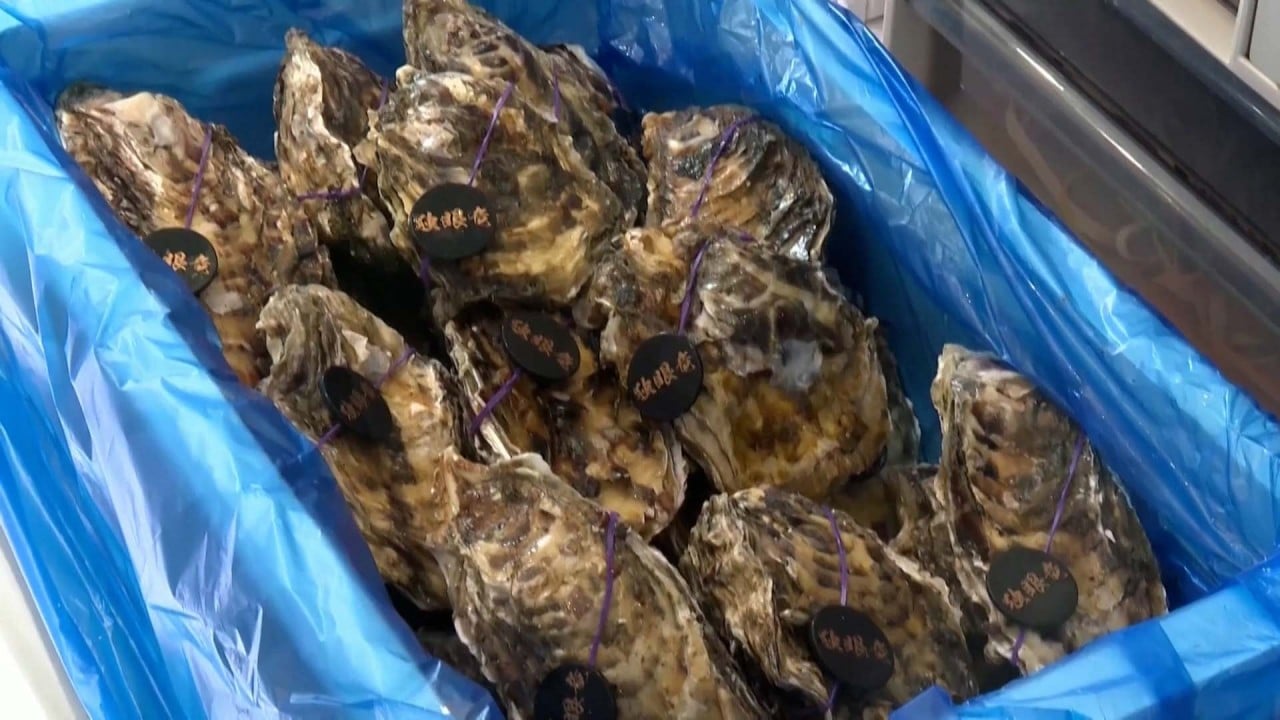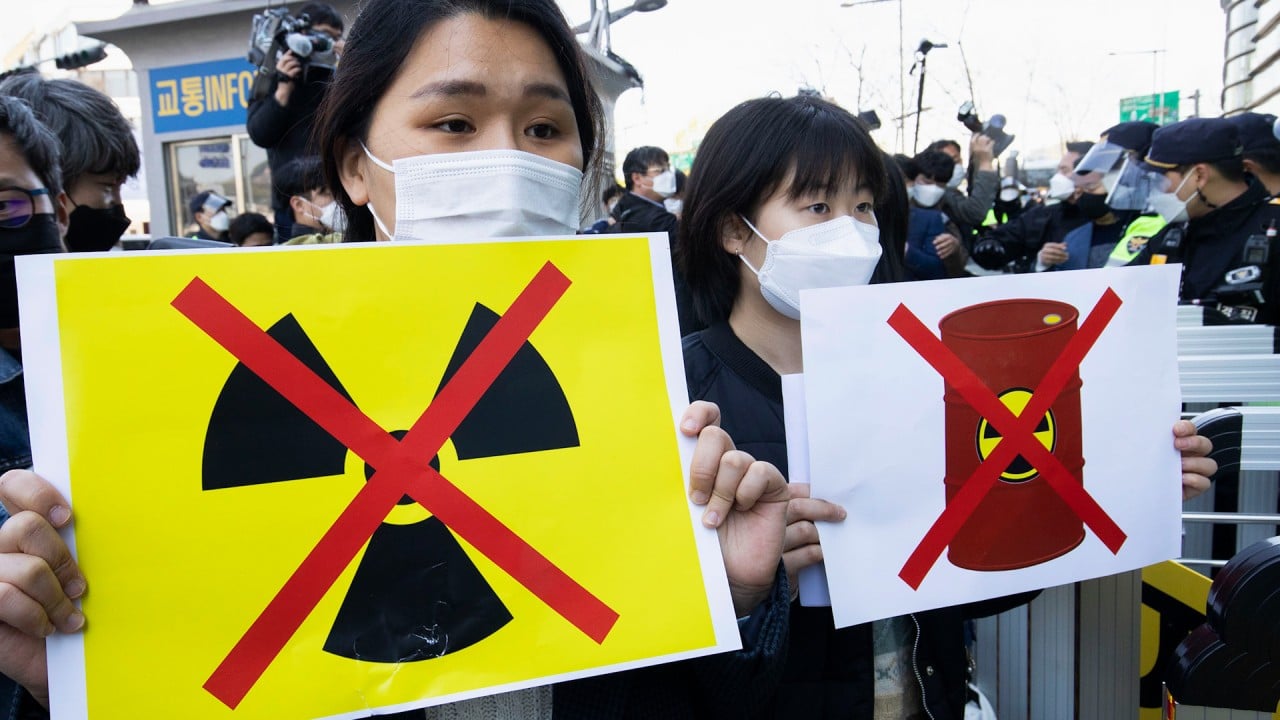
Nuclear experts named in Fukushima waste water report not fully consulted by IAEA before release: Chinese researcher
- Liu Senlin is cited in the IAEA report but says it was released in haste and there was no consensus from experts about outcomes, says Chinese media
- He says despite the fact measures for water control may comply with current IAEA safety standards, they might not comply with standards in three decades
Liu, who is a researcher for the Chinese Institute of Atomic Energy, believes the IAEA did not fully consult external experts before releasing the report.
“After receiving the feedback, the IAEA secretariat hastily released the report without discussing again the revision of the report with various experts and the adoption of opinions,” said the article, citing Liu.
However, according to Liu, there was no consensus formed by the team of experts about potential outcomes.
Liu is cited in the final report released by the IAEA on July 4. He had taken part in multiple review missions to the Tokyo Electric Power Company (Tepco), Japan’s Nuclear Regulation Authority and its Ministry of Economy, Trade and Industry since early 2022.
Despite being present throughout the process of safety reviews, Liu said opinions from the experts on the draft report were used only for reference by the IAEA secretariat.
Liu believes the report was released hastily after the feedback, which the experts were given a limited amount of time to provide, and that the evaluation of the plant was limited to Tepco’s plans and data provided by Japan.

The report did not consider alternative methods and only focused on radioactive effects, and therefore was not a comprehensive view of the issue, according to the article.
The Society for Radiological Protection (SRP), an independent British body, stated that the report was a comprehensive assessment and that the final verdict of the IAEA was “entirely justifiable”.
According to the SRP, the discharges from the Advanced Liquid Processing System (ALPS) will dilute the tritium – a radioactive isotope of hydrogen – to less than the World Health Organization’s drinking water standard before release, which will continue to be “massively diluted in the ocean”.
Liu maintained that despite the fact that the measures for water control would comply with current IAEA safety standards, they might not comply with standards in three decades.
The article said the report only made decisions based on the data provided by the Japanese side and did not fully consider the concerns of Japan’s neighbours and other stakeholders.
Since the release of the report, the IAEA has not issued any media statements regarding the reaction of Chinese nuclear experts to the report.
The South China Morning Post has reached out to the IAEA for a response to Liu’s allegations but has not received a response.



